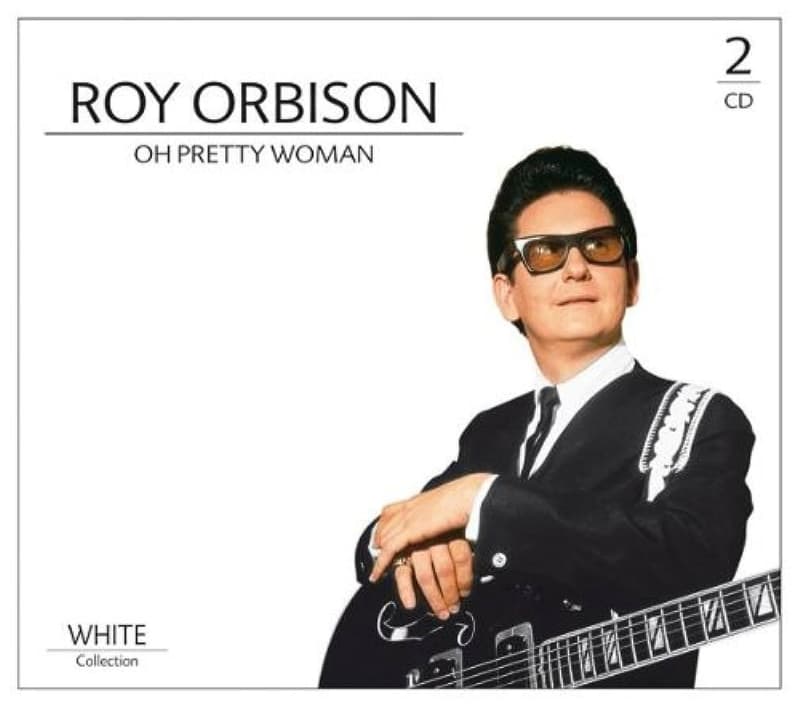
A casual remark in a living room turned into one of the most recognizable pop songs of the 20th century — a bright, catchy tune that hid a darker life story behind the sunglasses and falsetto.
Roy Orbison’s “Oh, Pretty Woman” was born in the kind of household moment that seems too small to change the world. Orbison and his songwriting partner were at home, improvising. His wife said she was going out to the store. A joking line — “Pretty woman never needs any money” — landed like a match. By the time she returned, the melody and most of the lyrics were ready.
That rapid, almost magical burst of creation produced a global hit. It raced up the charts within weeks and became Orbison’s best-known single. The song’s crisp guitar riff and that irresistible “yeah, yeah, yeah” hook lodged in listeners’ heads and cinema directors’ scripts for decades to come.
But the backstory is not all sunshine. Orbison’s marriage to the woman who inspired the song was stormy. They split and reconciled, only to face infidelity and, soon after, a road accident that took her life while she was riding a motorcycle. A few years later, Orbison suffered a second crushing loss when two of his oldest children died in a house fire while he was on tour. The bright hit would stand, oddly, as a last great single before years of struggle and obscurity.
Those who were there remember how fast the song came together and how natural the moment felt.
“He sang it while I was banging my hand down on the table and by the time she returned we had the song. I love the song. From the moment that the rhythm started, I could hear the heels clicking on the pavement… We wrote ‘Oh Pretty Woman’ on a Friday, the next Friday we recorded it, and the next Friday it was out. Actually, the yeah, yeah, yeah in ‘Oh Pretty Woman’ probably came from The Beatles.” — Bill Dees, songwriting partner
Dees also recalled the small vocal touches that became famous, like the raw cry of “Mercy,” a playful flourish that found its permanent place in the record.
Orbison himself said the song is more complicated than a simple pick-up line. The recording moves through confidence, doubt and raw longing — a short drama sung in three minutes.
“There’s a ballad in the mid-section of it there: he’s very sure of getting the girl when he first sees her, and then he’s not so sure, and then he gets desperate, and then he says forget it, and then she comes back. It’s quite complicated… the voice quality in parts has a melancholy something.” — Roy Orbison, singer and songwriter
That mix of upbeat arrangement and undercurrent of melancholy helped the song cross generations. It was later used to name and soundtrack a major Hollywood romantic comedy, giving the tune a second life and introducing it to a younger audience. Years after its release, cultural institutions recognized the song’s place in American music, preserving it for future listeners.
Orbison’s career did find an unexpected revival decades later. A new wave of celebrated musicians cited him as an influence and invited him into projects that showcased his unique voice. He joined other notable artists in a supergroup that reignited public interest and led to official halls of fame acknowledging his contribution.
Even so, the story of “Oh, Pretty Woman” reads like the song itself — quick, bright and then shadowed by longing. The music plays on radios and in movie credits, while the life behind the sunglasses reminds listeners that pop hits can sit beside profound personal loss and reinvention. The last great line of the song — the woman walking back down the street — still catches the listener’s breath as if the moment might change everything, and then…